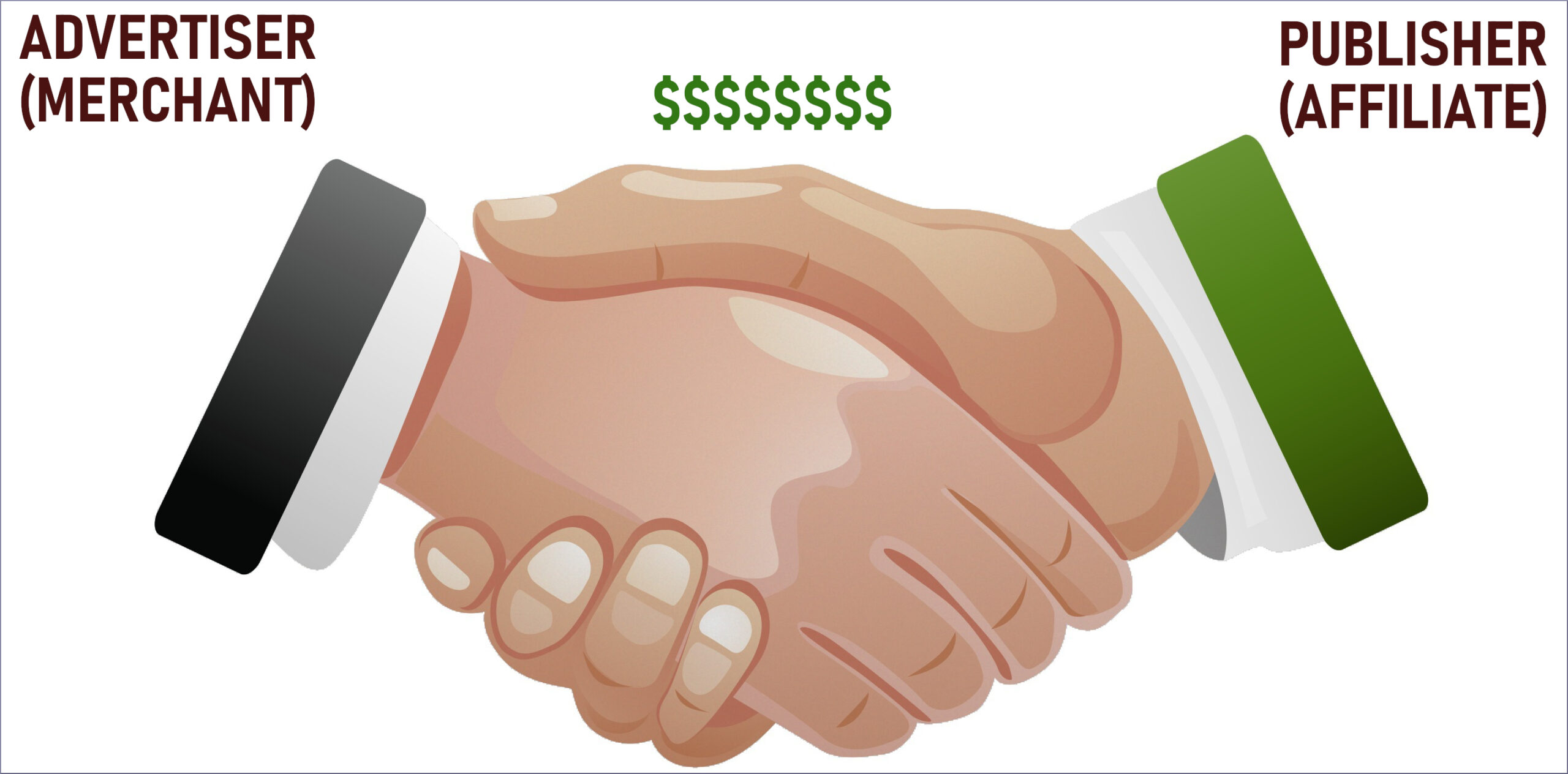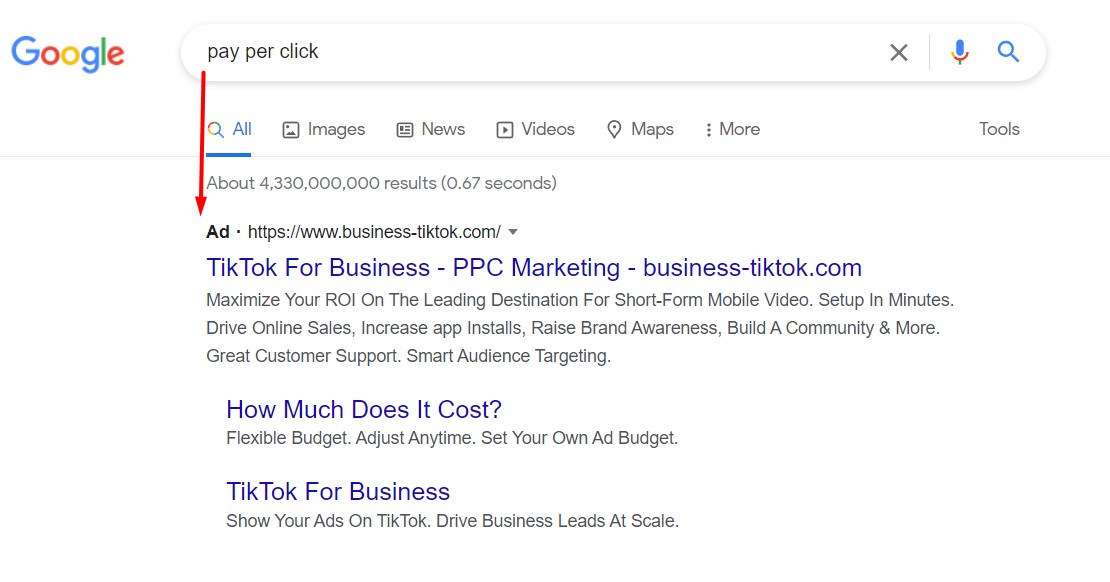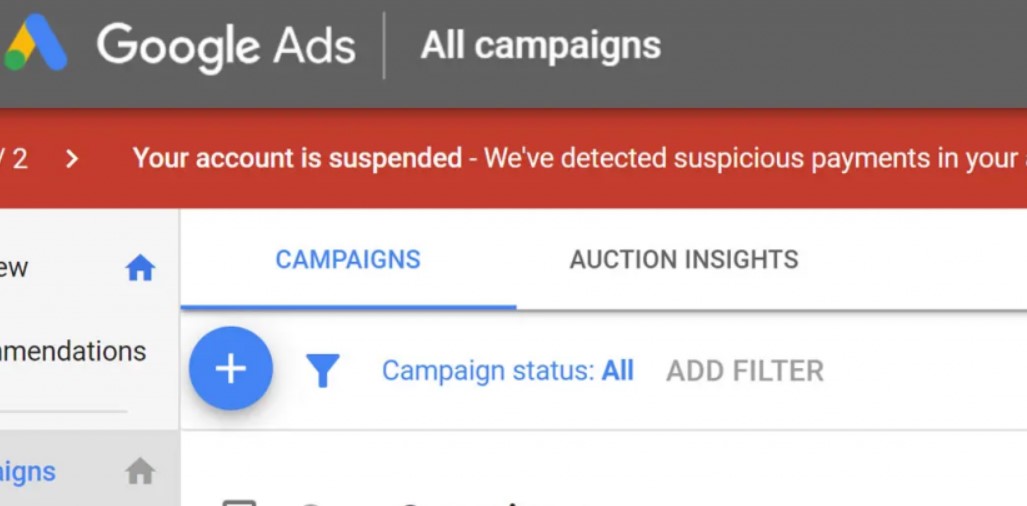What is Performance Marketing?
Performance Marketing is a form of online marketing in which advertisers are only charged for results, such as clicks, sales, or registrations. This means that advertisers (or merchants) only pay when their ad produces a desired outcome, making it a more efficient and effective way to market products and services online.
Performance marketing is actually an umbrella term that encompasses a wide range of marketing methods, all of which have the same underlying model.
The most common alternative term used for performance marketing is affiliate marketing or CPA Marketing.
You’ve likely heard the term affiliate marketing before and wondered what the difference is between performance marketing and affiliate marketing. The truth is that there really isn’t much of one.
In this post, I will describe the entire business of Performance Marketing and how I have generated over $10 Million in revenue as an affiliate marketer in the performance marketing space.
Performance Marketing Publishers
Most of my revenue from performance marketing has come from being a publisher. (also known as an affiliate marketer)
For publishers, performance marketing provides many benefits. You do not need to own any products to earn money as a publisher. You do not handle any of the customer service or backend systems.
Publishers just need to be able to get traffic to the “advertiser’s” affiliate offers. There are many ways to get paid traffic and free traffic to your websites. Publishers can negotiate higher commissions since they are only paid when a sale or conversion is made. Check out our list of the Top 27 Traffic Sources for Affiliate Marketing.

The ability to get more website traffic leads to more revenue for the publisher, as well as a better relationship with the advertiser.
Overall, performance marketing is a valuable and cost-effective form of online advertising for both advertisers and publishers, providing benefits such as better return on investment (ROI) for advertisers, and higher commissions for publishers. While the concept may seem simple on the surface, there are many factors to consider when implementing a performance marketing strategy.
What is an example of performance marketing?
Performance marketing can be defined as a type of online advertising that is focused on achieving specific business goals, such as increasing the number of new customers or driving more sales and leads.
One example of performance marketing is lead generation.
Companies focus on gathering leads for their business that they will later monetize through their “backend” marketing funnels. The cost to acquire a lead is often referred to as the “Cost Per Action” or CPA. This is what performance marketing is often associated with CPA Marketing.
Other common examples include pay-per-click advertising campaigns, which are designed to drive traffic and leads through paid search listings, as well as email marketing initiatives that aim to generate more sales by increasing the number of people who opt into a company’s mailing list.
If the cost to a business to acquire 1 email subscriber is $2 through traditional advertising channels, then the CPA is $2. It makes sense for that business to pay a publisher the same CPA to gather leads for them. This way the business can focus on more important things like monetizing the backend systems, customer service, and product improvements.

Performance Marketing Networks (CPA Networks)
Performance marketing networks connect advertisers with publishers and act as a middle entity between the two, helping to generate sales and increase traffic. The benefit of these networks is that they create multiple relationships on both sides. As a result publishers have more offers to choose from, and advertisers can potentially get more affiliates promoting their offers.
Some networks are more specialized than others; for example, some only work with specific “verticals” like financial lead generation. Other networks work exclusively with publishers who promote digital products like Clickbank.
Performance marketing networks have been around since the early days of the Internet, but they’ve grown increasingly popular in recent years as companies look to bolster their online presence and reach new customers. There are a number of different performance marketing networks to choose from, each with its own set of benefits and drawbacks.
How do Publishers Make Money From Performance Marketing?
It is possible to earn millions in revenue from performance marketing as a publisher. (and many do)
Publishers can earn money through performance marketing in a variety of ways and can do so through a network or directly with an advertiser.
One of the most popular ways publishers earn money is by joining a CPA network.

They can then choose “offers” where they earn a commission on every conversion that is generated from their website. Publisher sites can also be used to host affiliate links and promote products through banner ads, social media, and email marketing.
Publishers can also use data analytics to understand how users interact with their sites and make changes based on this information. This can help publishers to improve the performance of their sites by optimizing content, targeting ad placements, increasing click-through rates and decreasing bounce rates.
While some publishers generate revenue exclusively from performance marketing, others use it in conjunction with other monetization strategies like display ads, sponsored content, and email marketing.
Publishers need to have a good understanding of how performance marketing works in order to be successful. They should also have a solid grasp on analytics so that they can track the performance of their campaigns and adjust accordingly.
In some cases, publishers may need to invest in tools or services to help them with data collection and analysis. However, with the right marketing tools and a solid monetization strategy, publishers can make a good living through performance marketing.
Is There a Good Performance Marketing Course?
The short answer is yes, there are good performance marketing courses available. The key is to find one that covers the topics you’re most interested in and that fits your learning style.
Some important factors to consider when choosing a performance marketing course include the following:
– Is the instructor knowledgeable and experienced in the field?
– Does the course cover the topics you’re interested in learning?
– Is the course organized in a way that makes sense to you?
– Does the course provide you with the opportunity to ask questions and get feedback?
Once you’ve found a few courses that look promising, take some time to read reviews from past students. This can give you a good idea of whether or not the course is right for you.
You can check out my free book Unstoppable Online Income to learn how I was able to generate over $10,000,000 from performance marketing.
Types of Performance Marketing
1. Pay-per-click advertising
PPC is a form of online advertising in which advertisers pay a fee each time one of their ads is clicked. An example is Google search ads. Essentially, it’s a way of buying visits to your site, rather than attempting to “earn” those visits organically.

2. Search engine optimization
SEO, or search engine optimization, refers to the strategies and techniques used to improve your website’s ranking in search engines. (like Google)
This is popular among bloggers who create content online and try to rank it.
SEO is critical for any business that relies on attracting traffic through online searches. By improving your SEO rankings, you can attract more customers and grow your business.
3. Social media marketing
Social media marketing is the process of using social media platforms like Facebook, Twitter, and LinkedIn to build relationships and interact with potential and current customers. They also provide self-serve ad platforms that allow you to scale your business with paid ads. It’s a great way to connect with people who might be interested in your product or service, as well as stay top-of-mind for your existing customers.
4. Affiliate marketing
Merchants benefit by having affiliates promote their products or services. This can be accomplished either by working directly with affiliates to sell their product(s) on a website, email, or SMS, or through paid ads, or by putting their offer onto a performance marketing network.
5. Native advertising
Native advertising is a form of paid content that appears on websites or social media platforms in the same format as other articles, blog posts, videos, or images. Rather than seeming like an obvious advertisement, native ads are often designed to blend in with their surrounding content and can be difficult for viewers to recognize as paid ads.

6. Email marketing
Email marketing is the process of sending targeted email messages to existing customers, potential customers, or other groups of people with whom you have a relationship. It’s an effective way to keep your audience engaged and informed, as well as remind them about your product or service when they might be ready to buy.
There are many different types of performance marketing, and all of them can be an effective way to reach your target audience. Whether you choose to focus on pay-per-click advertising, search engine optimization, social media marketing, affiliate marketing, native advertising or email marketing, the key is to find a strategy that works for your business and set up a plan that you can consistently execute and improve over time.
Performance Marketing Affiliate Fraud
Performance marketing networks often screen affiliates because of affiliate fraud. Some affiliates try to defraud networks and advertisers by using fraudulent lead generation tactics.

What is performance marketing fraud?
Performance marketing fraud occurs when an affiliate attempts to generate leads or sales through deceptive or misleading means. This can include creating fake websites, using false advertising, or using stolen credit card information to make fraudulent purchases.
Why is it a problem?
Performance marketing fraud can seriously damage the reputation of an affiliate network, or a brand. Some networks take a hard stance on fraud and will terminate the accounts of any affiliates that engage in this activity.
Additionally, consumers who are defrauded by fraudulent affiliates may lose trust in the performance marketing industry as a whole.
How can you avoid affiliate fraud?
If you’re an affiliate, the best way to avoid performance marketing fraud is to be honest and transparent in your marketing efforts. Don’t make false promises or use deceptive practices to generate leads or sales. Additionally, be sure to carefully read any terms and conditions before joining a performance marketing network.
If you’re a merchant, be sure to vet your affiliates carefully before approving them to join your program. Additionally, consider using a fraud detection service to screen for potentially fraudulent activity.
Performance marketing fraud is a serious problem that can damage the reputation of the entire industry. By being honest and transparent in your marketing efforts, and carefully vetting your affiliates, you can help ensure that this type of fraud does not occur.
Pros and Cons for Merchants
Performance marketing is an excellent way to generate leads and sales for your business. Here are some of the pros of performance marketing:
1. You only pay for results. With performance marketing, you only pay when someone takes a desired action, such as clicking on an ad or making a purchase. This makes it a very cost-effective way to market your business.
2. Performance marketing is highly targeted and can reach the right people at the right time. With a digital focus, you can target your ads based on location, demographics, interests, or behaviors, so you’re sure to reach your ideal audience.
3. You can start seeing results quickly with performance marketing. Unlike traditional advertising methods like print ads or billboards, you can begin to see results from your performance marketing efforts almost immediately. This makes it a great choice for businesses that need immediate traffic and leads.
Here are the cons of performance marketing:
Performance marketing is a powerful tool for driving growth and revenue online, but it also comes with several risks. These risks include:
1. The risk of overspending on advertising. In order to compete in this highly competitive environment, many businesses will spend more on ads than they can afford. If your business experiences poor ROI from your ad spend, you could end up going bankrupt.
2. The risk of getting banned by Google or other advertising platforms. Many businesses have had their ad accounts suspended or banned after violating performance marketing rules and guidelines. This can be a major blow for your business, especially if you rely heavily on traffic from these channels to drive sales and revenue.

3. The risk of getting scammed by shady ad networks and affiliates. There are many unethical players in the performance marketing space who will try to take advantage of businesses in order to make a quick profit. It is important to be careful when choosing which ad networks and affiliates to work with, as you could end up losing thousands or even millions of dollars if you get scammed.
4. The risk of tarnishing your brand with low-quality traffic. If you’re not careful, your performance marketing campaigns could end up driving a lot of low-quality, spammy traffic to your website, especially if you use affiliates. This could damage your brand reputation and make it difficult to attract high-quality customers in the future.
5. The risk of becoming too reliant on performance marketing. If you rely too heavily on performance marketing to drive growth and revenue, you could find yourself in trouble if something happens to your campaigns (such as a Google ad ban or Facebook ad ban). This dependency can also make it difficult to scale your business in the future.
While performance marketing can be a great way to drive growth and revenue, it’s important to be aware of the risks involved before you dive in.
Hopefully this helps!
- How to Make $1000 a Day With Google Ads Affiliate Marketing – Ultimate Guide - October 10, 2023
- Ultimate Guide to YouTube Shorts Ads for Affiliate Marketing - December 23, 2022
- How To Start Affiliate Marketing For Beginners [Ultimate Guide 2023] - December 21, 2022
